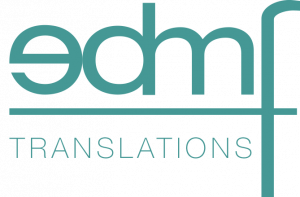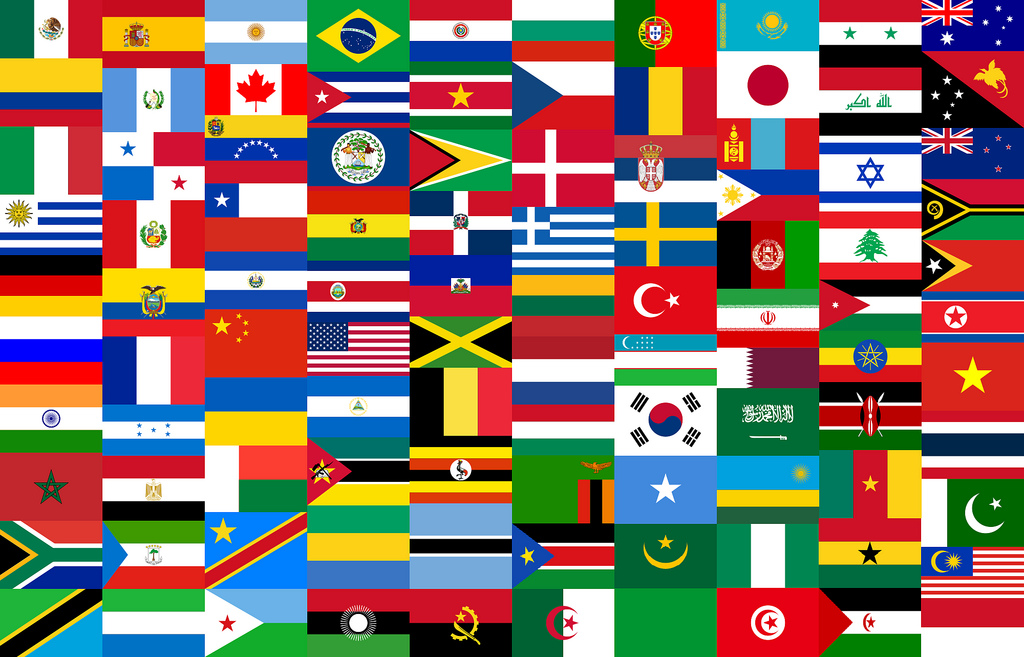We don’t think anyone really needs an introduction to Iain Lindsay, the UK’s Ambassador to Hungary. Thanks largely to his social media endeavours he is extremely well known in the country. We can find him on the street wearing his kilt to present memories of Hungarian-Scottish relationships, but also see him reciting Hungarian poems on YouTube.
A multilingual ambassador, we asked him about his personal background with languages, and delved into the complex, serious, and unknown world of diplomatic translation and interpreting.
Iain, how many languages do you speak, and what was your first encounter with a foreign language?
I’ve learnt four languages: French, Japanese, Romanian and Hungarian. I can still get by in the first three, but I find that I am very much a ‘one foreign language in the brain at any time’ linguist. Two of my most embarrassing moments while learning Hungarian at the University of Debrecen were when I tried to hold conversations in Japanese and Romanian. I learnt French from an early age, probably 6 or 7 years old.
We need to ask you as a Scot, do you speak Gaelic?
No, I’m afraid to say that I don’t, although I have tried learning. I have a few Gaelic textbooks at home. It’s a lovely language and I am glad that there has been something of a Gaelic revival in recent years.
We understand learning foreign languages is compulsory for UK diplomatic staff. If it wasn’t would you still learn, and why? Which language would you most like to speak?
Learning languages is not compulsory as such, but it would be unusual to find a British diplomat who has not had to learn a foreign language. For jobs overseas in non-English speaking countries we decide whether the diplomat needs to speak the local language to do their job, so-called ‘speaker’ positions. If they do, then to what level? B1, C1, C2?
For example, among the several British diplomats at the British Embassy in Budapest only I and my deputy need Hungarian (to C1 level) for our jobs. So both of us have had intensive full-time pre-arrival Hungarian training, in my case 7 months, in my deputy’s case a year (the length of time it takes a full-time learner to get to C1 Hungarian).
However, we offer optional language training to all diplomats (and their spouses/partners) being posted overseas into ‘non-speaker’ jobs, which provides a basic level of language training intended to help with day to day living. The number of hours allocated will depend on the degree of difficulty of the language, but will range between 110 and 250 hours. So we really take language training seriously.
If I didn’t have to learn languages I would still do so as it not only enables better communication but opens up a whole world of insights into another country, its history, its culture and its people. The next language I would like to learn is Italian, but my greatest regret is that I did not learn Arabic when I was Ambassador in Bahrain, because it was not necessary for my job given that 95% of Bahrainis speak English and, as some of my friends pointed out, the Bahraini Royal family and government ministers speak better English than me!
How much do you use your languages in your working life?
Not as much as you might think. In the Embassy I speak English and just occasional social Hungarian. External meetings are usually in English with some social Hungarian at the start and finish. When I give a speech some it will be in Hungarian, depending upon the event and the audience. Interviews are usually in English, with a few Hungarian sentences thrown in, although I have given some recent interviews in just Hungarian, like with Nők Lapja and RTL Klub for example. Social media interviews are usually in Hungarian, and I write bilingual Instagram stories.
For which occasions do you take an interpreter, and when do you manage alone?
Only very occasionally for meetings given that they are usually in English! All the TV stations will provide an interpreter, although I have promised ATV that I will give an interview once just in Hungarian.
Have you ever noticed your interpreter making a mistake and subtly corrected it?
No! I have been very fortunate with my interpreters, most of whom I now know well.
What value does good quality translation and interpreting provide for you as Ambassador, and within the Embassy as a whole?
It’s essential! Without it I would be lost! All my Hungarian staff are bilingual so they provide me with excellent English language briefing for meetings and events. The only time they do produce work for me in Hungarian is writing speeches, parts of speeches or simple speaking notes. So it’s not really translation work as such, although some of the material they work with, e.g. lines to take from London, they will have translated into Hungarian.
Are you good at accents?
Yes, also I’m a reasonably good mimic, which I think helps. But it has taken me a long time to develop a Hungarian accent, and I’m still not there. By comparison, I think I picked up Japanese and Romanian accents reasonably quickly.
If you had to retire to a non-English-speaking country, which one would you choose and why?
I really, really like Hungary….but my wife and I have often talked about living in Italy. We love the place, the ambience and the people. And the food and wine aren’t bad either!
*Iain Lindsay joined the Foreign and Commonwealth Office (FCO) in 1980 and has spent much of his career in Asia Pacific, serving in Tokyo (twice), Hong Kong and Canberra. He was Deputy Head of Mission and Political Counsellor in Bucharest from 2003-2007, working on Romania’s accession to NATO and the EU. Prior to that he served as a foreign policy adviser to the Romanian Foreign Minister. He was Deputy Head of Mission and Director, Trade and Investment at the British Consulate General in Hong Kong from 2007-2011. The Queen awarded him an OBE in 2002.
He was appointed Her Majesty’s Ambassador to Hungary from 30 March 2016.









 Stuart McAlister is a British citizen who has been based in Hungary for around 20 years. Stuart studied business at Sheffield Hallam University and worked as a government administrator, TEFL teacher and IT trainer/manager before discovering the world of relocation in 2001.
Stuart McAlister is a British citizen who has been based in Hungary for around 20 years. Stuart studied business at Sheffield Hallam University and worked as a government administrator, TEFL teacher and IT trainer/manager before discovering the world of relocation in 2001.
 Use country-specific domains (hu, co.uk, fr). As you would like to expand your company on an international scale, it is worth buying the upper-level domain names for the individual regions where your web pages will run. This is probably the most effective way of being able to optimise a website for an international audience, whilst making sure that the target audience can actually find it. The audience understands the suffixes of the given country, and the domain conveys the information that the website will be understandable for them. The search engines rank these websites in higher positions for the audiences in these countries.
Use country-specific domains (hu, co.uk, fr). As you would like to expand your company on an international scale, it is worth buying the upper-level domain names for the individual regions where your web pages will run. This is probably the most effective way of being able to optimise a website for an international audience, whilst making sure that the target audience can actually find it. The audience understands the suffixes of the given country, and the domain conveys the information that the website will be understandable for them. The search engines rank these websites in higher positions for the audiences in these countries.




 Let’s take a look at some sobering figures
Let’s take a look at some sobering figures